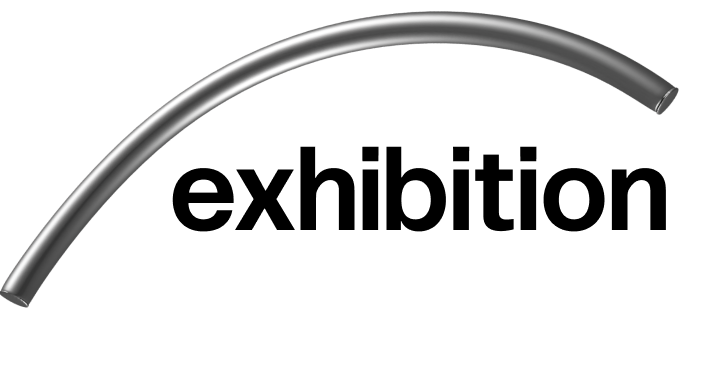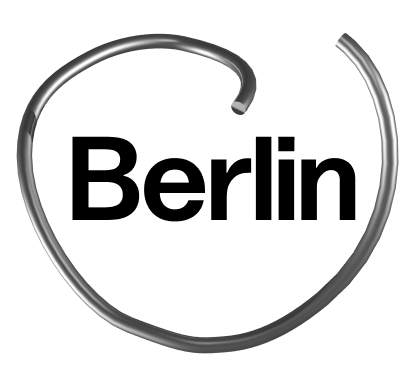Leon Kahane
Leon Kahane (born 1985 in Berlin) first completed a photography education at BEST-Sabel Berufsfachschule für Design and at the Ostkreuzschule für Fotografie, Berlin, before studying fine arts at Universität der Künste, Berlin. Kahane currently lives and works in Berlin. Topics such as migration, identity, and debates around majorities and minorities in a globalized society are major concerns in his video work, photographs, and installations. His own experiences and biographical references play an important role for the artist. In 2015, he received the Kunstpreis Europas Zukunft. In 2018, he founded the forum democratic culture contemporary art.
Gedenken unserer durch die Tat!
2022,
fine art prints on alu-dibond
Leon Kahane: “In 2014, my father received an email from the German Historical Museum (DHM). Files of the Nuremberg trials against the main war criminals had turned up in the DHM archives. They came from my grandfather’s estate and were now to be shown in 2015 in the exhibition 1945 - Niederlage. Befreiung. Neuanfang. My grandfather, Max Kahane, accompanied the trial as a reporter for the Soviet press together with my grandmother Doris Kahane. The collected trial files consist of transcriptions of the individual trial days and detailed documents with background information on the individual charges. My grandfather gave his complete set of files to the DHM, which was then called the Museum of German History, in 1956. We did not know about the whereabouts of the files. Seven years after the exhibition at the DHM, I looked through the files again and I noticed that my grandfather made an index for the files. He sorted and numbered them. He wrote the numbers on the backs of political posters from the still young GDR. He had torn them to cover sheets in A4 sized pieces. The posters were the aesthetic expression of the political and cultural self-image, which was supposed to legitimize the self-assertion as an anti-fascist state. A serious reappraisal based on this self-description and self-exoneration from its own Nazi past failed to materialize. Now the posters, which were once a political message and then became cover sheets for the Nuremberg trial files, have taken on a new form. They are now images of a story that was told in the name of actual resistance to National Socialism, but not sufficiently by the people who were really in the resistance. The instrumentalization of a historiography that has not been reappraised but idealized has concrete effects on the present and the future, as we can see in the example of Ukraine.”


neue Gesellschaft für bildende Kunst (nGbK), station urbaner kulturen/nGbK Hellersdorf, Between Bridges, Prater Galerie
February 23–June 9